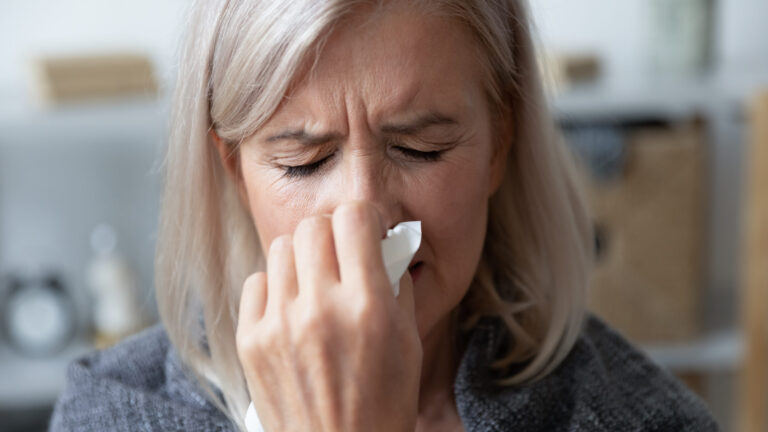Although we are not born with allergies, they affect a large scale of the population, both children and adults. Some of us are also more prone to them than others, due to factors like food, or environment. The most common Phoenix allergies, for instance, are due to triggers like pollen, dust mites, pet dander and food. The truth is that allergies are present everywhere and if you start having reactions such as sneezing, runny nose, itchy eyes or rash, make sure you check in with allergy doctors to get a proper diagnosis and treatment plan.
The severity of the allergy symptoms depends on many factors, but how does age affect our allergies? Read below to find out more.
Can you develop allergies as an adult?
Although most people get their first symptoms at a younger age, you can develop an allergy at any point in your life. What is more, according to studies, allergies in adults will become more and more frequent, as the world’s population is aging -by 2040, the over 65 will represent about 25% of the people in industrialized countries.
This is because as we age, our immune system becomes weaker and therefore more open to illness, including allergies. Also, symptoms may worsen in time, as we are exposed to the allergens longer and repeatedly. So if you had even just one allergic episode during childhood, it can increase the odds of developing more symptoms if you are re-exposed to the triggers as an adult.

If you notice any reactions or your symptoms get worse, make sure you check in with a board-certified allergy specialist to determine the cause and get prescribed adequate treatment for your allergy.
What are the causes of developing allergies as an adult?
Among the most common causes of developing allergic reactions as an adult is reduced immune system function. This happens not only when you are sick, but also as you get older. Other causes might include coming into contact with an allergen for the first time or having little exposure to it as a child. Changing your environment( either work or a new home) or having a pet for the first time can also trigger your allergy symptoms.
Can allergies go away in time?
Even allergies can differ from case to case, many people can outgrow their allergies by their 30s. Even if the symptoms were developed as an adult, they might disappear in time. Even if our immune system is responsible for developing allergies as we grow older, its decreased function can also make the immune response to allergens less severe.
The bottom line

Allergies are a condition that can develop at any stage and this depends on several factors. Always see a doctor if you notice any allergy-related symptoms as they can guide you through treatment options, or propose lifestyle changes that can help alleviate your symptoms.

